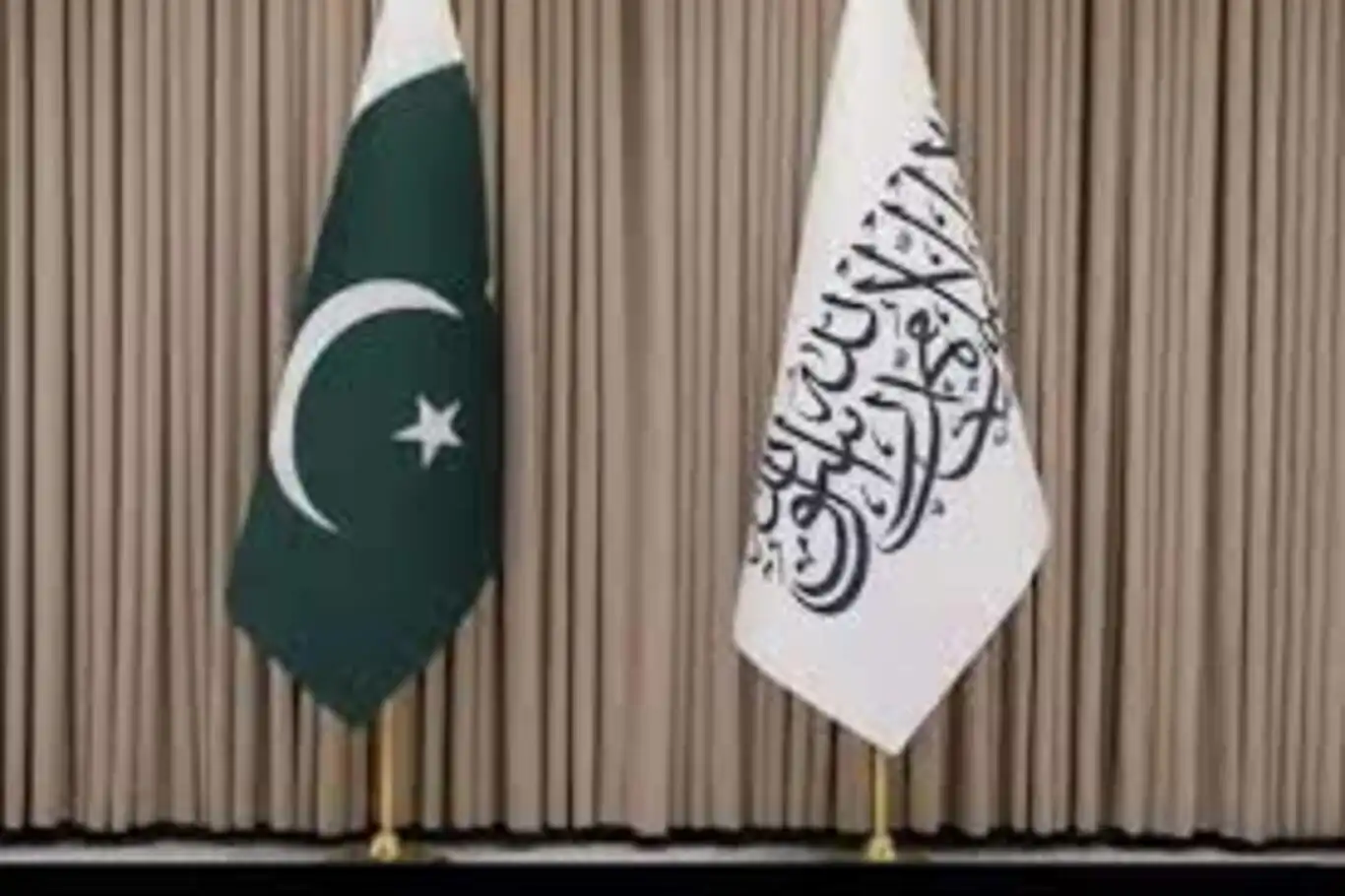Istanbul talks between Kabul and Islamabad end without progress


The third round of bilateral talks between Afghanistan and Pakistan, held in Istanbul over the past two days, concluded late Friday night without yielding any tangible results, officials from both countries confirmed.
The high-level discussions—focused on security cooperation, border management, and regional stability—were aimed at easing growing tensions following recent cross-border incidents and mutual accusations of harboring armed groups.
Mujahid: “Certain Circles in Pakistan Seek Instability in Afghanistan”
Zabihullah Mujahid, spokesperson for the Islamic Emirate of Afghanistan, said in a Saturday press conference in Kabul that the talks failed primarily because “certain military circles within Pakistan” oppose Afghanistan’s growing independence and internal stability.
“Some specific military factions in Pakistan are not happy about the existence of a powerful central government in Afghanistan, nor about its security, progress, and overall peace and stability,” Mujahid declared.
He accused these elements of “historically benefiting from Afghanistan’s insecurity, migration crises, and occupation,” and said they are now attempting to “fabricate new excuses to provoke confrontation.”
Disputes Over TTP Issue and Border Security
According to Mujahid, one of the key points of contention during the Istanbul meeting was Pakistan’s demand that the Islamic Emirate take direct military action against the Tehrik-i-Taliban Pakistan (TTP). Kabul rejected these demands as “unreasonable and unrelated to Afghanistan’s internal policy.”
“The Pakistani military has been in conflict with Pashtun tribes and the Tehrik-i-Taliban Pakistan for years before the Islamic Emirate came into power,” Mujahid said, adding that Pakistani officials have themselves admitted to losing between 80,000 and 90,000 people in the so-called war on terror.
“This clearly refutes their claim that insecurity in Pakistan began with our government’s return to power,” he said.
Mujahid reaffirmed that the Islamic Emirate “seeks peaceful relations with all countries, including Pakistan,” but warned that “Afghanistan will defend its sovereignty against any form of violation.”
Talks Reach a “Dead End,” Pakistani Side Admits
Shortly after the talks concluded, Pakistan’s Defense Minister Khawaja Asif confirmed that “the negotiations have reached an uncertain phase without concrete results.” He said that while both sides expressed a desire to continue dialogue, “no date or agenda has yet been set for a fourth round.”
Analysts say the stalemate underscores deep mistrust between Kabul and Islamabad—particularly on the issues of border attacks, the status of the Durand Line, and the movement of armed groups between the two countries.
The Istanbul meetings, hosted under Turkish facilitation, were seen as a last-ditch attempt to revive stalled diplomatic channels. Turkey and Qatar have both reportedly offered to mediate future rounds if the parties agree.
Regional observers note that continued friction between the two neighbors could undermine stability across South and Central Asia, especially amid renewed U.S. drone operations in the border regions and rising tensions between Pakistan and Iran.
The Islamic Emirate, meanwhile, maintains that its territory “will not be used to threaten the security of any other country” but insists that “Afghanistan will no longer serve as a pawn in foreign conflicts.”
Relations between Kabul and Islamabad deteriorated sharply over the past year following Pakistan’s repeated airstrikes inside Afghan territory, which Kabul condemned as violations of sovereignty.
Pakistan, in turn, has accused the Islamic Emirate of allowing TTP militants to launch attacks from Afghan soil—allegations the Afghan leadership strongly denies.
With trade routes strained, border crossings repeatedly closed, and diplomatic rhetoric escalating, the Istanbul round was seen as a crucial opportunity to de-escalate. Its failure now raises concerns of further instability in the region. (ILKHA)
LEGAL WARNING: All rights of the published news, photos and videos are reserved by İlke Haber Ajansı Basın Yayın San. Trade A.Ş. Under no circumstances can all or part of the news, photos and videos be used without a written contract or subscription.
Israeli occupation forces continued large-scale demolitions and artillery shelling in Khan Younis, in southern Gaza, amid ongoing violations of the ceasefire, local sources reported.
Türkiye’s Minister of Foreign Affairs Hakan Fidan held a high-level meeting with Hassan Sheikh Mohamud, President of the Federal Republic of Somalia, on the margins of the Doha Forum, diplomatic sources said.
The death toll from devastating floods, landslides, storms and cyclones across several Asian countries has climbed above 1,700, with hundreds of people still missing, as rescue teams race against time to reach isolated communities.
A group of soldiers in Benin announced on state television on Sunday that they had removed President Patrice Talon from power and appointed Lt. Col. Pascal Tigri to head a newly formed body calling itself the “Military Committee for Refoundation”.